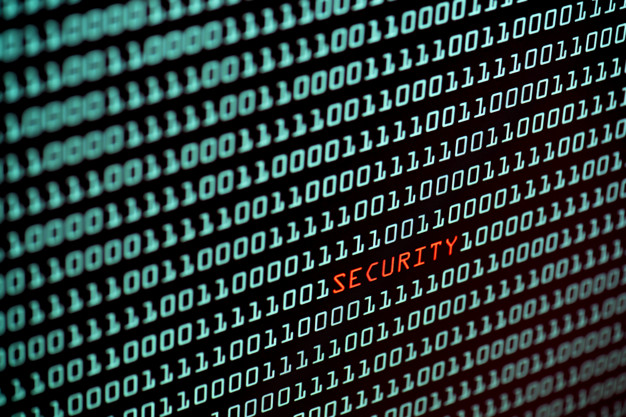How to make Website Secure
PHP is one of the most popular backend programming languages in the world. In fact, some estimates suggest that it powers around 80% of the internet. There’s a lot to be said for PHP. In fact, there’s only one downside. Its popularity makes it a magnet for hackers. This means that you absolutely must know how to secure your website from hackers in PHP. Here is a guide to help.
How to secure website from hackers in PHP
When thinking about how to secure your website from hackers in PHP, the key point to remember is that you not only need to protect against current threats but you also need to keep informed of emerging threats and take preventative action before they become a problem. With that said, here is a quick guide to the four of the most common threats currently facing PHP websites and what you can do about them.

Cross-Site Scripting (XSS)
XSS attacks are a form of code injection attack in which an attacker uses a web application to send malicious code to a different end-user. This is generally performed through a browser side script.
You can reduce your chances of falling victim to this form of attack by using the htmlspecialchars function, which special characters to HTML entities. This encodes user input on a website and hence goes a long way to stopping them from inserting harmful HTML codes.
SQL Injection Attacks
SQL injection attacks are similar to XSS attacks, except they target the database rather than the site itself. The best precaution against SQL injection attacks is to use parameterized queries. These properly substitute the arguments before running the SQL query thus securing them and also structuring them for efficient processing.
The importance of managing your data-input channels
Both XSS and SQL injection attacks often make use of data input channels that have been created for legitimate purposes. This means that your very first and most obvious line of defense against them is to limit and monitor data input channels and perform the maximum level of validation on anything which is entered.
You need to be particularly careful with file uploads as these can effectively be an open invitation to hackers. On a separate note, it’s also highly advisable to limit the size of the files you allow to be uploaded to reduce your exposure to DDoS attacks.
Cross-Site Request Forgery (CSRF)
CSRF is a form of attack which tricks a web browser into performing an action of the attacker’s choosing. This can be anything from providing data to deleting data to transferring funds.
At present, CSRF attacks rely on a user clicking on a malicious link. This means that, if you keep on top of your website’s security in general, you shouldn’t have to worry about it. In particular, if you invest in a robust website vulnerability scanner, you should be confident that it will pick up on any malicious links.
For extra security, you can append CSRF tokens to each GET request. Ideally, these should be unique to each request but unique to each user session is a lot better than nothing. Any non-GET requests should only be generated from your client-side code.
Session Hijacking
Session hijacking is when a hacker steals the victim’s session ID to gain access to the intended account. The most robust way to prevent session hijacking is to implement HTTPS throughout the site and bolster this with HTTP Strict Transport Security (HSTS).
For clarity, implementing HTTPS just on key pages, such as login pages and payment pages, is better than nothing, but it won’t protect your whole site. It’s also highly advisable to implement one of the more robust versions of HTTPS (i.e. one of the paid versions).
If HTTPS isn’t an option for you, at least not right now, you can try binding your sessions to your actual IP address. This allows you to identify when an unknown violation occurs, thus alerting you to invalidate the session immediately.
Robust all-round security protects against all threats
On the one hand, it is important to identify any threats which are specific to, or at least prevalent on, PHP websites and take action to mitigate them. On the other hand, it’s also important to avoid getting too focussed on the issue of PHP at the expense of robust, all-round website (and database) security.
For example, regardless of which programming language you use, you still need to choose your host with care. You also need to choose the right content management system and the right extensions, learn to use them properly, and keep them up to date. Last but not least, you need to manage and monitor your users, especially your administrators.
Please click here now to have your website scanned, for free, by cWatch from Comodo.
© 2026 Comodo Security Solutions, Inc





